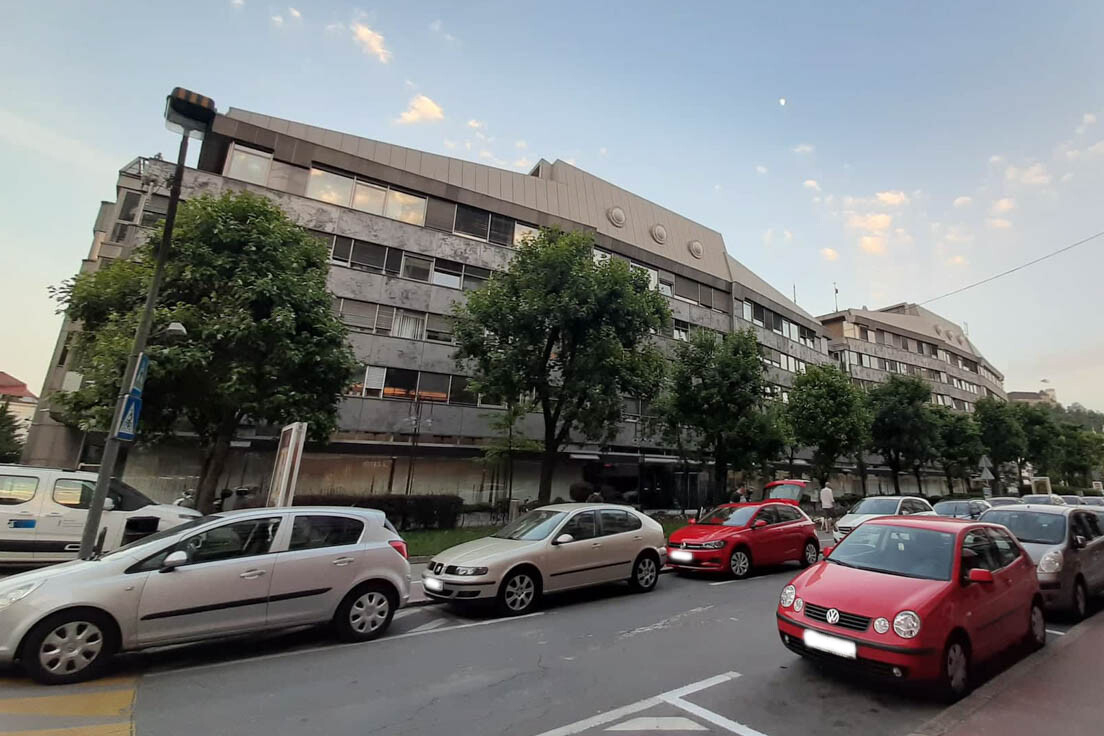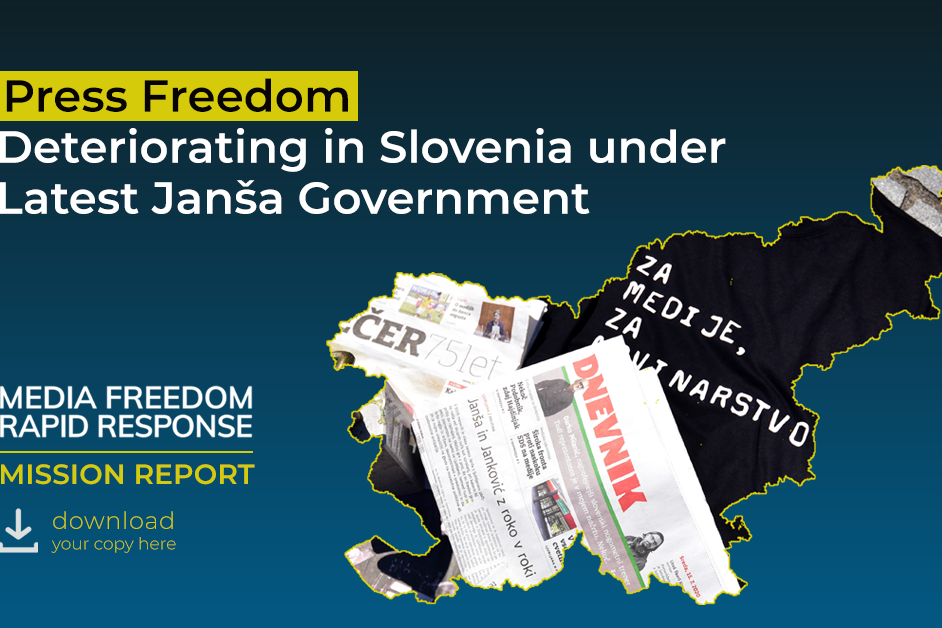In a sign of the continued attacks on independent public media in Slovenia, Natalija Gorščak, the Director of TV Programmes at public broadcaster Radiotelevizija Slovenjia (RTV SLO), has been dismissed.
Gorščak received the notice of her dismissal via courier last week while she was on sick leave. The dismissal – spearheaded by RTV SLO’s Director General Andrej Grah Whatmough – was said to be on the grounds of Gorščak’s alleged violation of the broadcaster’s bylaws. The director was also accused of allowing ratings to plummet, STA reported.
In a proposal submitted to the Program Council of RTV SLO, Whatmough wrote, “The CEO adds that if the management does not respect the highest professional standards and journalistic standards, it cannot expect them to be respected by journalists who set up a mirror to society every day.”
But Gorščak maintains that the accusations levelled against her were based on her refusal to comply with personnel and programme changes requested by Whatmough. In her response to the proposal for her dismissal, Gorščak said she refused to fire Manica Janežič Ambrožič, editor-in-chief of the Televizija Slovenija (TVS) news programme. However, she said, if requested changes were implemented, they would not be in compliance with the public broadcaster’s statute.
“One of the foundations of modern, independent public television is that the directors and editors of individual areas are independent and, in their decisions, committed only to the professional standards of the journalistic profession,” she emphasised.
The International Press Institute (IPI) reports that Whatmough will temporarily take on the role of Director of TV programmes until Gorščak’s replacement is found.
#Slovenia: @rtvslo DG Andrej Grah Whatmough has unilaterally dismissed @RTV_Slovenija director Natalija Gorščak & temporarily taken up her duties.
IPI is concerned this move could open the door for politically-motivated dismissals of editors & journalists at public broadcaster. pic.twitter.com/FK04YlRV5v
— IPI – The Global Network for Press Freedom (@globalfreemedia) August 20, 2021
Gorščak’s defence that her dismissal is a deliberate attempt to undermine RTV SLO’s independence is supported by a recent Media Freedom Rapid Response (MFFR) fact-finding mission. In the subsequent mission report, it was found that there is “an increasingly systematic effort to undermine critical media”, including at public media organisations, with Slovenia continuing its erosion of media freedom even as it takes over the EU Presidency.
Even before the report’s release, there were reports of repeated pressures on public media from the Slovenian government. In one instance, Prime Minister Janez Janša openly threatened RTV SLO, saying, “apparently there are too many of you and you are paid too well” and accusing RTV SLO of “[misleading] the public”. Further, state-owned news agency STA was faced with a funding crisis when the government blocked public funding to the agency despite its law-bound obligation. The threats to the agency’s financial viability highlight the lengths the government would go to stifle critical journalism.
Meanwhile, there is not much hope that Gorščak’s dismissal will be reversed due to its compliance with existing law. It is highly concerning that legal mechanisms, put in place for extraordinary matters, are seemingly being used to undermine public media values such as editorial independence and accountability. Such a move does not bode well for other independent voices within RTV SLO. Gorščak’s dismissal serves as a reminder that the mere presence of mechanisms to hold power to account is not enough; the powers that be must truly commit to the principles of public service media.
PMA will continue to closely monitor the situation at RTV SLO and further advocates for the independence of public media, both globally and within Slovenia.
Header Image: Building of RTV Slovenia (Television’s part). Credit: Pv21/Creative Commons
Related Posts
13th July 2021
Independent public media under attack in Slovenia
The Public Media Alliance is seriously…
6th July 2021
Global Task Force statement in support of public media in Slovenia
The Global Task Force for public media…
30th June 2021
Slovenian government eroding media freedom as it takes over EU Presidency
A coalition of press freedom…



